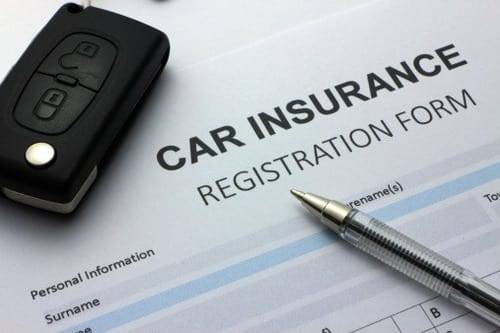Survey: A Third of Drivers Lie in Car Insurance Applications


When it comes to applying for car insurance, a lot of drivers stretch the truth. In a new survey from CarInsurance.com, 34 percent of drivers admitted to making false claims in their applications — and 40 percent of those who lied said their insurer eventually found out.
What Are the Most Common Car-Insurance Discounts?
Foster City, Calif.-based CarInsurance.com surveyed 2,000 drivers ages 18 to 65 in October 2013. The company found men were more likely to lie than women, and those younger than 30 were three times more likely to submit wrong information than those older than 50.
What were the most common fibs? Read on.
Misstated annual mileage topped the list, responsible for 36.3 percent of the false claims among those who admitted to lying. (Many respondents marked more than one false claim, CarInsurance.com said.) Here are the next 12:
- Parking location: 32.4 percent of those who admitted lying
- Drivers with access to the car: 25.1 percent
- Accident or ticket history: 20.5 percent
- Gaps in insurance coverage: 19.2 percent
- School grades: 18.9 percent
- Antitheft devices: 17.4 percent
- Type of use, like business or school: 17.3 percent
- Education level: 16.9 percent
- Marital status: 16.9 percent
- Time licensed: 15.8 percent
- Major modifications to the car: 15.7 percent
- Refresher course or defensive-driving school: 14.4 percent
Most (63.3 percent) drivers who submitted inaccurate information said they did so to save money. That isn’t surprising given the cost of auto insurance. A new report by the Consumer Federation of America says even minimum mandatory coverage costs most drivers at least $500 a year and many policies top $1,000.
Falsifying your information can lead to big savings. Park a 2012 Honda Accord in Providence, R.I., for example, and a good driver with a clean record would pay $2,175 for a full year of coverage, CarInsurance.com says. Claim that you park it 10 miles southeast in Barrington, R.I., and the same annual coverage falls to $1,472.
Some drivers who submitted incorrect information have a more defensible choice: Twenty-eight percent said the correct answer wasn’t available on the insurance form. Regardless of the reason, CarInsurance.com said insurers usually find out as they verify information during the underwriting process. That can include pulling reports from state departments of motor vehicles and various public and private databases, which is easier than ever in the age of Big Data.
Indeed, more than 40 percent of those who lied said their insurer caught them. The consequences? About a third said their claim was denied, and 31.5 percent said their premiums went up. About a quarter said their policy was canceled, and — easily the worst outcome — 7.6 percent said their insurer sued them for fraud.
Just 2 percent said the insurer found out but did nothing. Suffice it to say, it’s best to tell the truth on your auto insurance application.
glegorly/iStock/Thinkstock

Former Assistant Managing Editor-News Kelsey Mays likes quality, reliability, safety and practicality. But he also likes a fair price.
Featured stories




